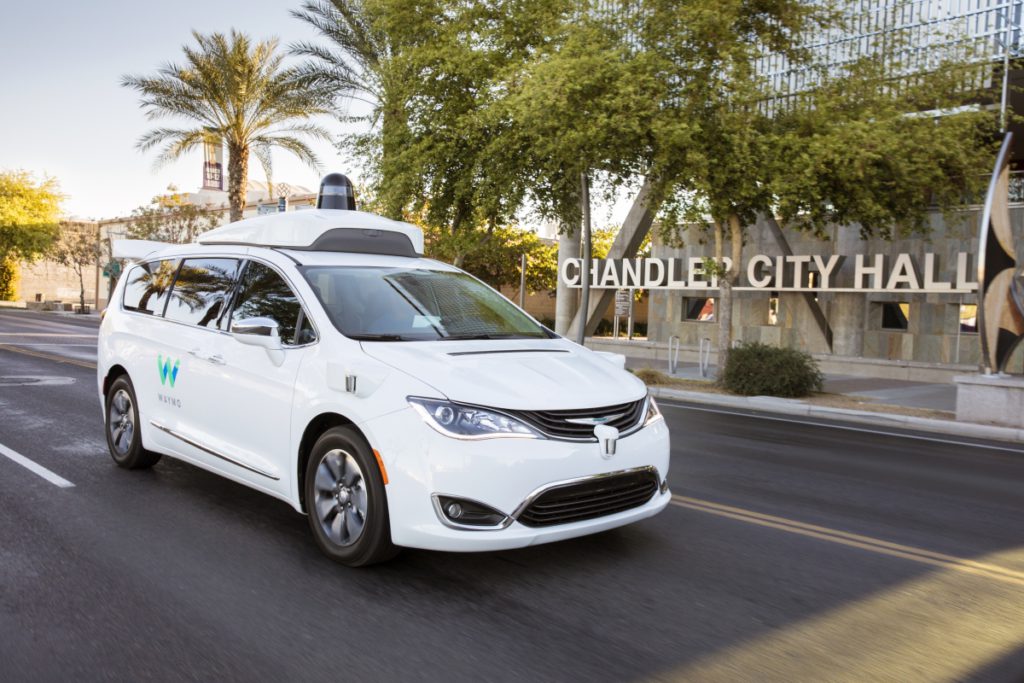Autonomous race heats up as Uber’s main rivals Lyft and Waymo announce self-driving alliance
15 May 2017

15 May 2017
Uber’s two biggest rivals, US core competitor Lyft and Google’s Waymo, have announced a self-driving vehicle alliance, piling the pressure on ride hailing leader Uber as it battles Waymo in court to preserve the future of its autonomous tech programme.
The deal will greatly expand the scale of the driverless tech programmes of both companies. Lyft offers ride-hailing services in 300 US cities, and has plans to expand into Europe and globally. General Motors (GM) is a key investor in the company, which has a deal with Lyft with its own self-driving company Cruise Automation. The Waymo-Lyft deal is non-exclusive, and so will allow such other tie-ups to continue.
Waymo on its part is very close to the commercial launch of its autonomous vehicle programme, and is therefore looking to expand its circle of partners, especially as its relationship with market leader Uber turns increasingly sour. While Google and Waymo-parent Alphabet’s venture capital arm has Uber as its largest investment, the move to partnering with Uber’s main rival is a further sign that the ties between the two companies are breaking. Alphabet’s chief legal officer David Drummond stepped down from Uber’s board last year.
The deal looks to be a win-win for both companies. Waymo is looking to expand its data collection pool as wide and fast as possible as it prepares finally for the public launch of its self-driving tech after more than eight years of research. It is looking for commercial partners to achieve this, and also to expand its data collection as far as possible to strengthen any potential driving scenario gaps left in its tech to bolster its safety prior to launch – or in Waymo’s words: ′reach more people, in more places.’ Lyft has the scale Waymo needs to achieve this.
Lyft on the other hand is looking to patch a major gaping hole in its efforts compared to bigger rival Uber. Its own autonomous programme is only in its early stages, and is currently heavily reliant on GM for testing. It completely lacks an equivalent to Uber’s dedicated Advanced Technologies Group division which develops self-driving technology. Waymo therefore provides an opportunity to reduce its reliance on GM, and take advantage of arguably the best autonomous technology on the market.
Lyft said unequivocally: ′Waymo holds today’s best self-driving technology, and collaborating with them will accelerate our shared vision of improving lives with the world’s best transportation.’ Such as statement is particularly striking considering Lyft’s partnership with GM’s self-driving tech.
No timetables for the collaboration, such as testing programmes or a commercial passenger service, has been announced for the alliance.
In addition to Lyft, Waymo has a partnership with FCA (Fiat Chrysler), which has provided 600 Chrysler Pacificas for its testing programme. It has also held talks with Japanese carmaker Honda to use the technology in its cars as it looks to expand its tech programme globally.
Waymo recently sent its entire 600-strong fleet of self-driving Chrysler Pacifica hybrids to Arizona for a full-scale public consumer trial, widely regarded as the beginning of the final testing stage before the official commercial launch of its autonomous vehicle programme.
Lyft’s future prospects and growth remain strong. It raised a further $600 million (€547 million) through a $7.5 billion (€6.8 billion) valuation last month and is growing faster than competitor Uber, but will need to expand beyond the US to continue this growth. A source told CNBC Lyft intends to reveal more about its international expansion plans later this year.
Photograph courtesy of Waymo